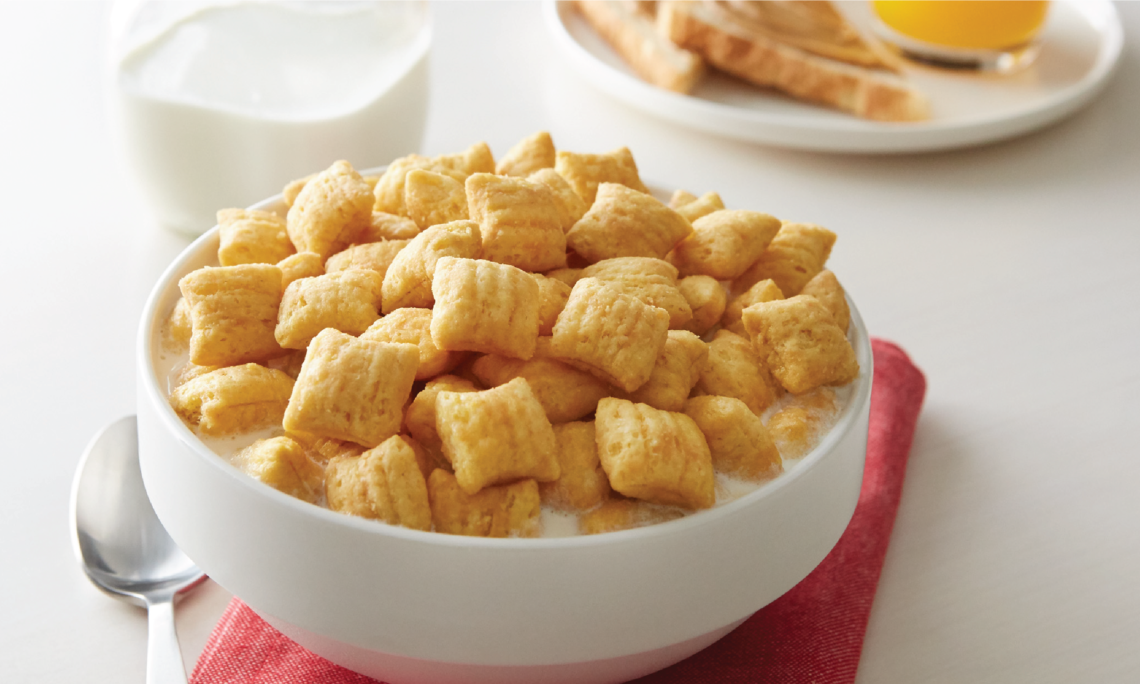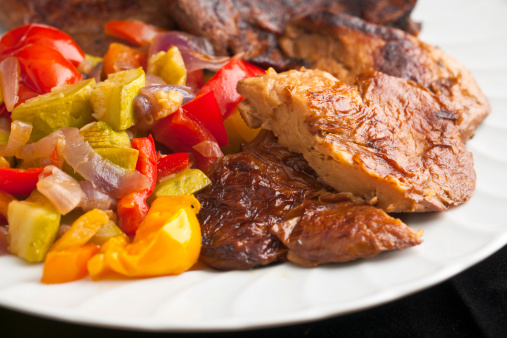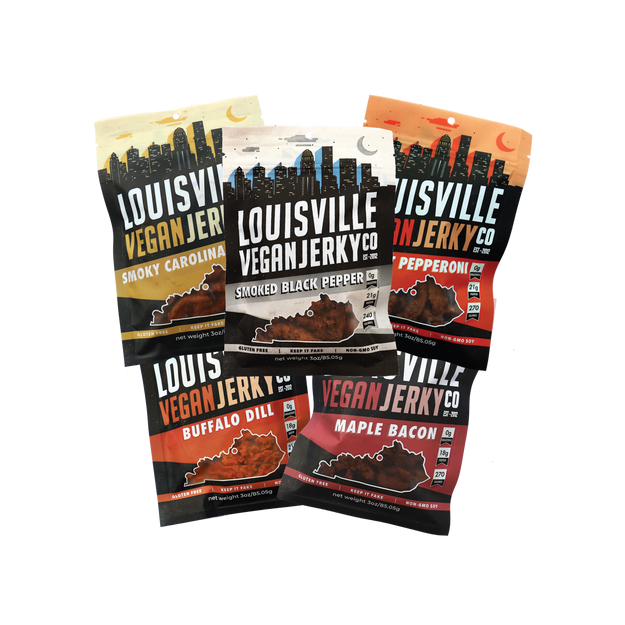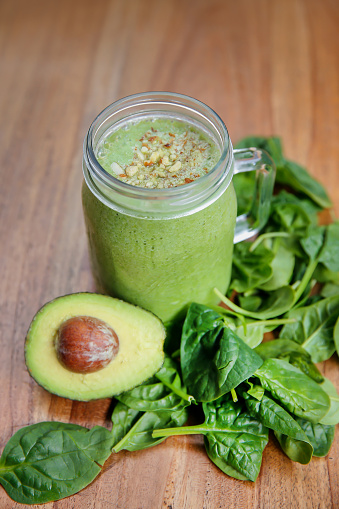For many vegans plant based cereal is quite literally the most enjoyable indulgence of the day. After experimenting with our fair share of vegan cereal we are happy to share with you our absolute favorites.
-
-
Is Seitan REALLY Healthy
Seitan, otherwise known as vital wheat gluten, is a popular non-animal protein substitute for vegans. Seitan is made out of hydrated gluten by kneading moistened wheat flour to develop sticky strands of gluten protein. The dough is then rinsed to wash away all of the starch. The remaining sticky mass can then be seasoned, cooked and used as a meat substitute. You may also find it pre-made at your local grocer where it is already seasoned, cooked and ready to use as a meat substitute.
-
The Most Tasty Vegan Jerky Brands
When it comes to snacks jerky has always been a favorite. Jerky is one of those fun chewy treats that is delicious and satisfying. If you're vegan it may have been a treat that you dreaded giving up. So it's gratifying to know that there are vegan jerky brands that effectively fill this void.
-
Change Your Whole Life With Turmeric Tonic
Turmeric tonic is quickly becoming a worldwide wellness superstar. Turmeric wears the crown as an antioxidant and anti-inflammatory. It supports joint health and liver function. It also stimulates your immune system. Turmeric tonic makes breakfast the most important meal of the day simply by being the perfect morning beverage.
-
Top 3 Online Vegan Grocers
Depending on where you live if you are vegan you may not always feel up to a tenth trip to the grocery store for fresh produce. On the other hand, you may not be near any grocery stores with many vegan options. Either way thanks to online vegan grocers vegan food options are now accessible to most everyone no matter where you live. Of course some have better options than others. Furthermore, some have more price mark-ups than others. Let's take a look at some of the top options to see how they compare.
-
Since The Jury Is Still Out Regarding Heavy Metals – Best Vegan Protein Powders
An alternative way for many vegans to get protein has often been by way of protein powders. However, a 2018 study conducted by the Clean Label Project, a non-profit organization that examines labeling safety issues, has totally disrupted this market. The Clean Label Project found that “approximately 75 per cent of plant-based protein powders had measurable levels of lead. In addition to lead, the plant-based powders contained mercury, cadmium and arsenic.” Plant-based proteins may have higher contamination levels because the plants are especially prone to absorbing heavy metals from soil, says Sean Callan, Ph.D., a neuroscientist and director of operations at Ellipse Analytics, the lab that tested the protein products.…





